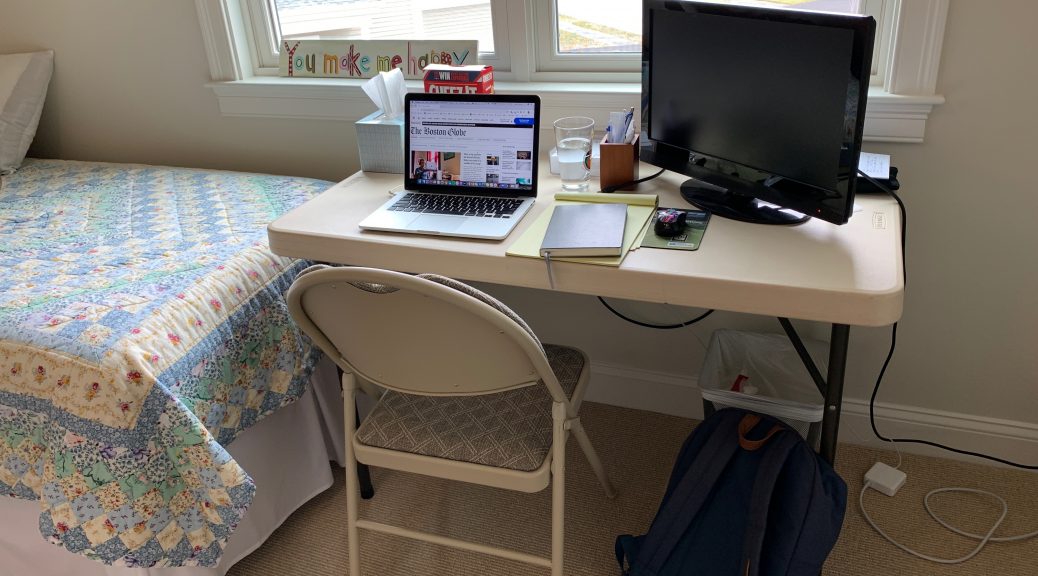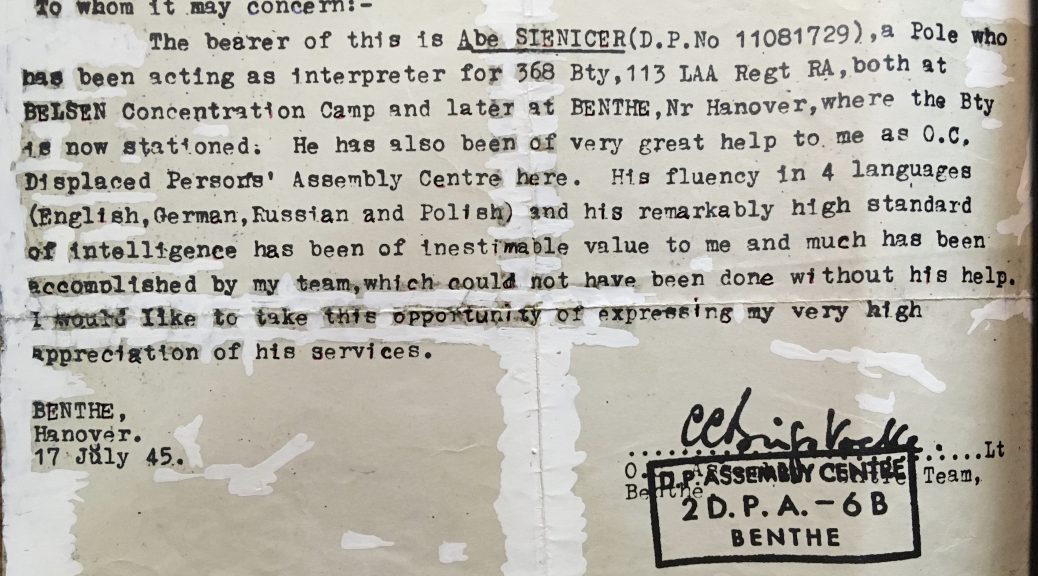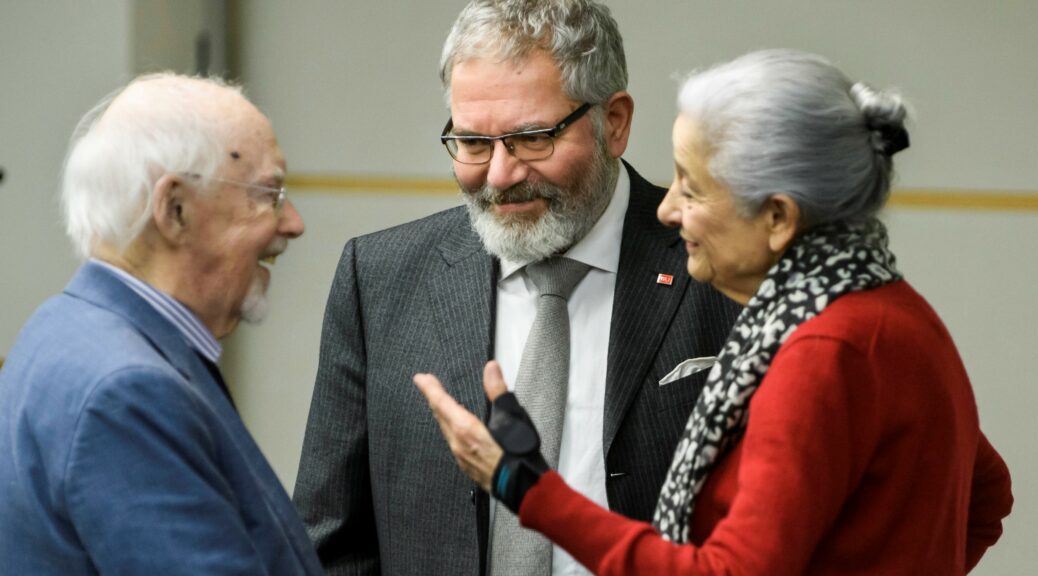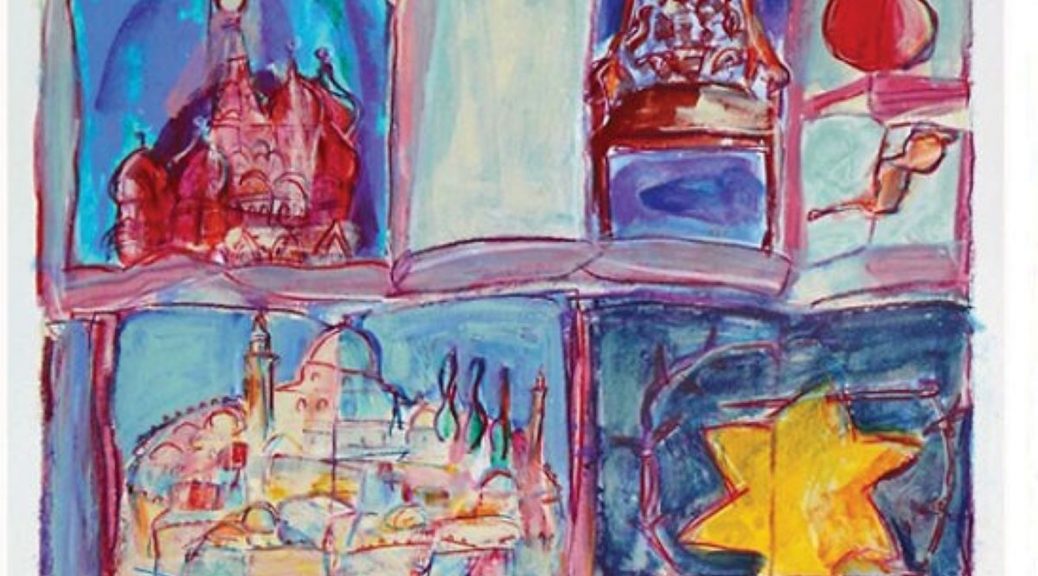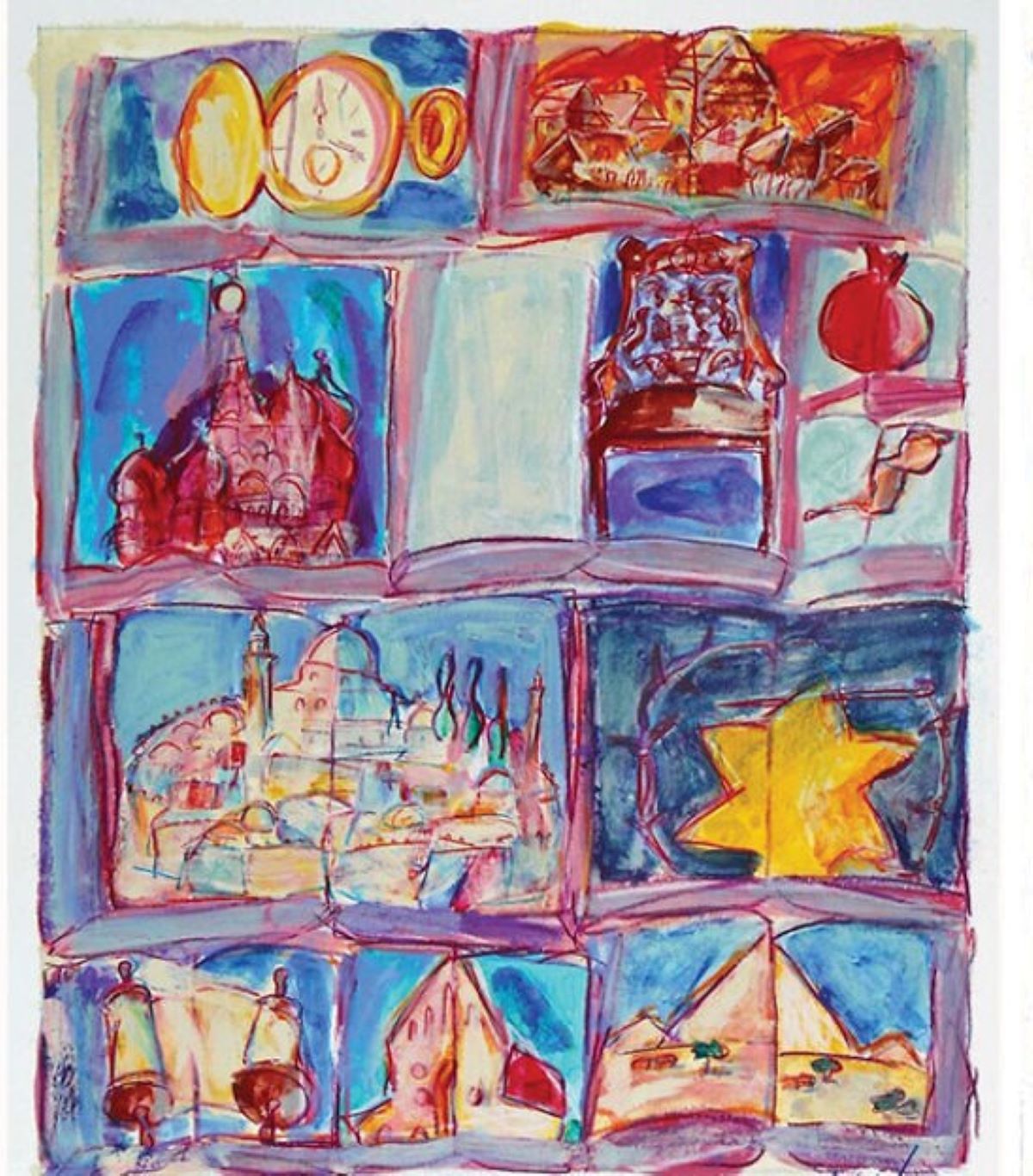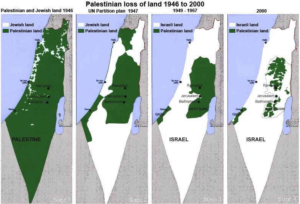by Jacob Gurvis
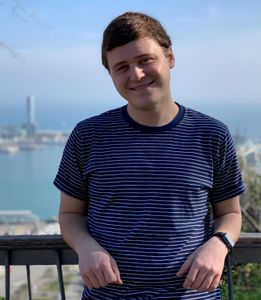 If you had told me two months ago that I would be finishing college from my bedroom on Zoom, I would probably have laughed. A global pandemic? Postponing commencement? Nice try.
If you had told me two months ago that I would be finishing college from my bedroom on Zoom, I would probably have laughed. A global pandemic? Postponing commencement? Nice try.
Well, here we are. We are now more than a month into our new virtual reality, and the word “unprecedented” feels like an understatement. Classes have moved online, events and gatherings cancelled, and the future has never been more uncertain.
In this time of social distancing, it’s easy to feel hopeless. Helpless. Lonely. Trust me, I’m no fan of this, either. This is a truly scary time, and it is absolutely natural and okay to be sad, angry, or any other emotion you are feeling. It’s important to allow yourself to feel.
But even through my boredom, anxiety, and fear, I try to find at least one reason every day to remain hopeful. We have already seen this crisis bring out the best in humanity. Companies, celebrities, and ordinary people are demonstrating selfless acts of generosity, supporting those most impacted by the coronavirus pandemic, and lifting up the heroism of our frontline workers. 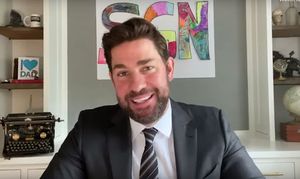 Look no further than actor John Krasinski’s new YouTube show, Some Good News, for your weekly dose of inspiration. Seriously, it’s worth it.
Look no further than actor John Krasinski’s new YouTube show, Some Good News, for your weekly dose of inspiration. Seriously, it’s worth it.
Beyond looking for reasons to smile, this strange time has also caused me to take stock of the things and people in my life for which I am most grateful. As the cliché goes, you don’t know what you have until it’s gone. Has this ever been truer? Would any of us turn down the chance to return to our normal, even mundane, lives? I never thought I’d miss my three-hour classes. Or waiting in line at Starbucks. Or rushing down a crowded Comm. Ave to try to catch the BU Shuttle. What I’d give for any of that right now.
Most of all, I miss the many communities I was lucky to be part of during the past four years. I miss my friends and professors in the journalism, political science, and Jewish studies programs. I miss my community at Hillel, which quickly became my home on campus freshman year. I miss my BUTV10 family, and picking up a fresh copy of the Daily Free Press every Thursday. I miss my fellow interns and staff at BU Today, where I have been fortunate enough to work for four semesters. More than anything, I hate that I am missing out on the opportunity to enjoy my final moments with each of these communities.
With just days left in my college career, I am doing my best to stay motivated and positive. We will get through this, and I have no doubt that our country and world will be stronger for it. The resilience and creativity of the human spirit are often at their best when things are at their worst. To quote a friend of mine, this isn’t the new normal. It’s just the new right now. This, too, shall pass. And when it does, I look forward to celebrating these amazing four years with friends and family, in person at last.

